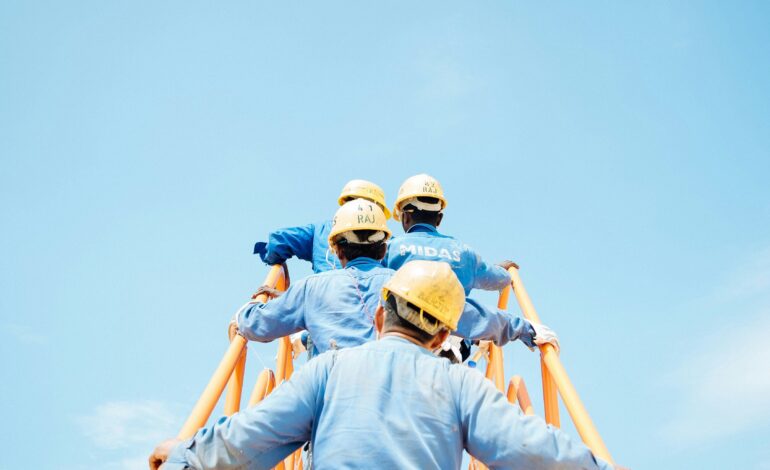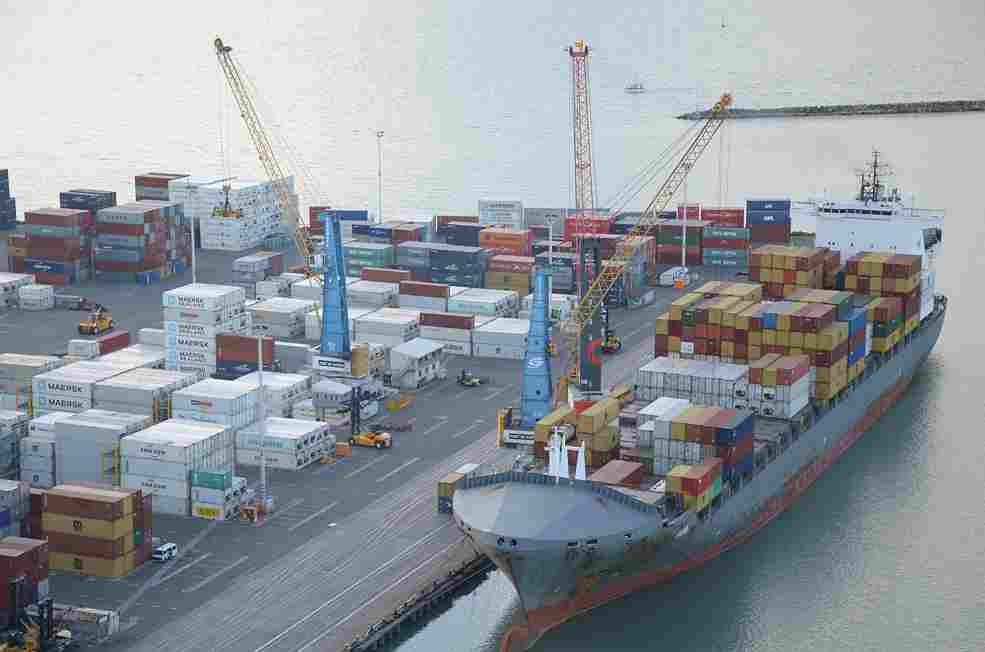
Impact of Seafarer Training on Fuel Efficiency
In the realm of maritime transport, seafarer training stands as a linchpin for enhancing operational efficiency, safety, and environmental stewardship. This article delves into the profound influence of seafarer training on fuel efficiency, exploring key factors, strategies, and industry practices aimed at maximizing fuel savings and reducing environmental footprint.
Importance of Seafarer Training in Fuel Efficiency
Seafarers play a pivotal role in the operational efficiency of vessels, including the effective management of bunker fuel consumption. Comprehensive training equips crew members with the knowledge and skills necessary to implement fuel-efficient practices, optimize operational processes, and adhere to regulatory standards.
Key Factors Influencing Fuel Efficiency
- Knowledge and Awareness:
- Understanding Fuel Systems: Training programs educate seafarers on the intricacies of onboard fuel systems, including fuel types, storage, handling, and consumption monitoring.
- Operational Best Practices: Promoting practices such as optimal speed management, voyage planning, and trim optimization to minimize fuel consumption and enhance efficiency.
- Technological Proficiency:
- Utilization of Advanced Technologies: Training focuses on leveraging onboard technologies, such as fuel monitoring systems, data analytics, and voyage performance analysis tools, to identify inefficiencies and optimize fuel usage.
- Maintenance and Troubleshooting: Ensuring proficiency in maintaining fuel-efficient engine performance through regular inspections, maintenance protocols, and early detection of operational issues.
Strategies for Enhancing Seafarer Training
- Specialized Courses and Certification Programs:
- Fuel Efficiency Modules: Integrating specific modules on fuel-efficient practices, regulatory compliance, and environmental sustainability within existing training curricula.
- Simulation and Practical Exercises: Hands-on training using simulators and practical exercises to simulate real-world scenarios, enabling seafarers to apply fuel-saving techniques effectively.
- Continuous Professional Development:
- Upgrading Skills: Encouraging ongoing learning and professional development opportunities to keep abreast of technological advancements, regulatory changes, and industry best practices.
- Knowledge Sharing: Facilitating knowledge exchange among crew members, fostering a culture of continuous improvement in fuel efficiency and operational excellence.
Industry Initiatives and Best Practices
- Collaboration with Industry Stakeholders:
- Partnerships with Training Institutions: Collaborating with maritime academies, training centers, and industry associations to develop standardized training programs and certifications.
- Benchmarking Performance: Benchmarking fuel efficiency metrics and sharing best practices across fleets and shipping companies to drive industry-wide improvements.
- Regulatory Compliance and Environmental Responsibility:
- Adherence to Emissions Standards: Training programs emphasize compliance with international regulations, such as MARPOL Annex VI, on sulfur emissions and air pollution prevention.
- Sustainability Commitments: Supporting initiatives for reducing carbon footprint, promoting the use of alternative fuels, and adopting eco-friendly technologies to achieve environmental sustainability goals.
Measuring Success and Future Outlook
- Performance Metrics:
- Fuel Consumption Metrics: Monitoring and analyzing fuel consumption data to measure the impact of training programs on operational efficiency and cost savings.
- Environmental Impact: Assessing reductions in greenhouse gas emissions and air pollutants attributable to improved fuel efficiency practices.
- Future Trends and Innovations:
- Integration of AI and Automation: Harnessing artificial intelligence and automation technologies for predictive maintenance, route optimization, and real-time decision-making to further enhance fuel efficiency.
- Green Shipping Technologies: Advancing research and development in hybrid propulsion systems, renewable energy sources, and zero-emission vessels to drive sustainable shipping practices.
Conclusion
Seafarer training plays a pivotal role in optimizing fuel efficiency and promoting sustainable maritime operations. By investing in comprehensive training programs, leveraging advanced technologies, and fostering a culture of continuous improvement, shipping companies can achieve significant fuel savings, reduce operational costs, and demonstrate environmental stewardship. As the industry evolves, enhancing seafarer skills and knowledge remains crucial for navigating regulatory complexities, meeting sustainability goals, and ensuring a resilient future for global maritime transport.





